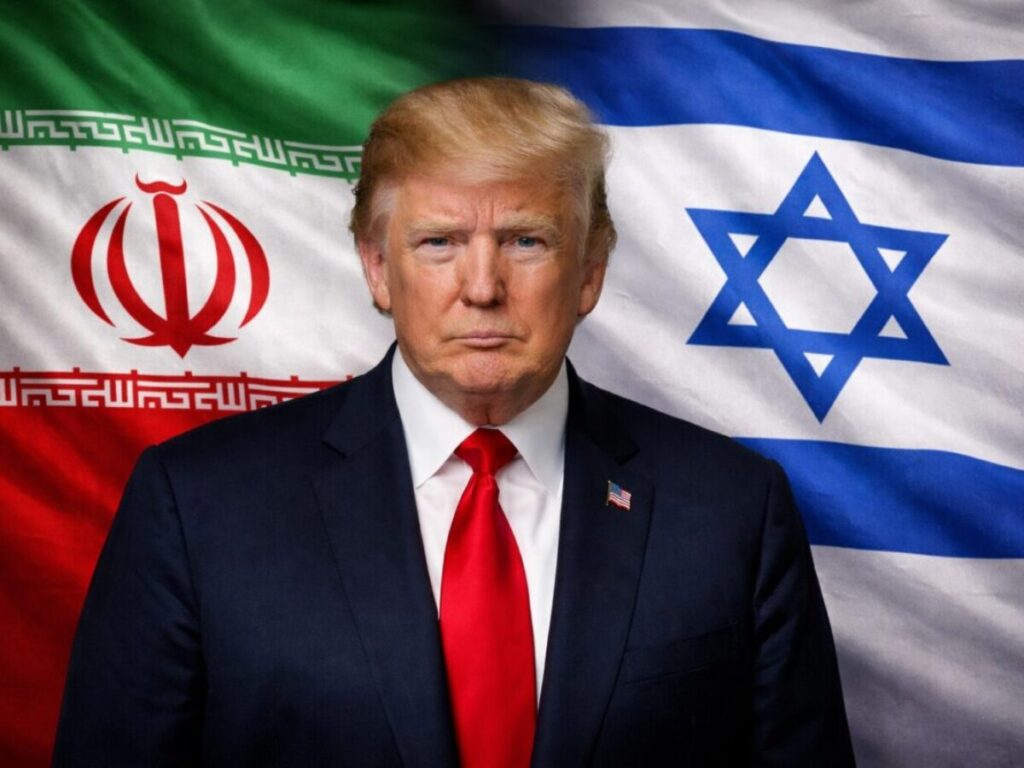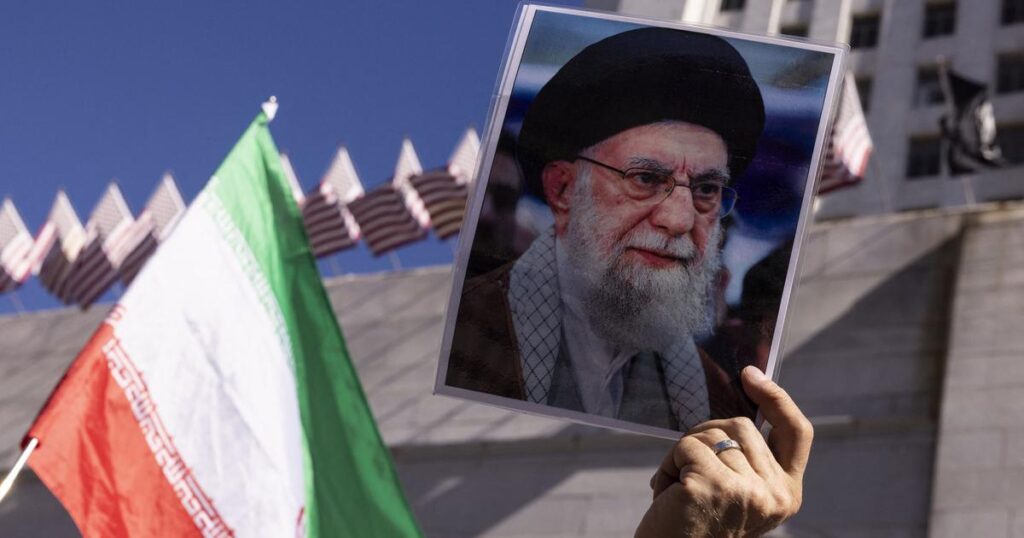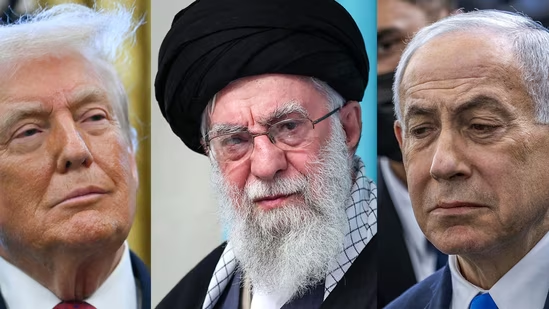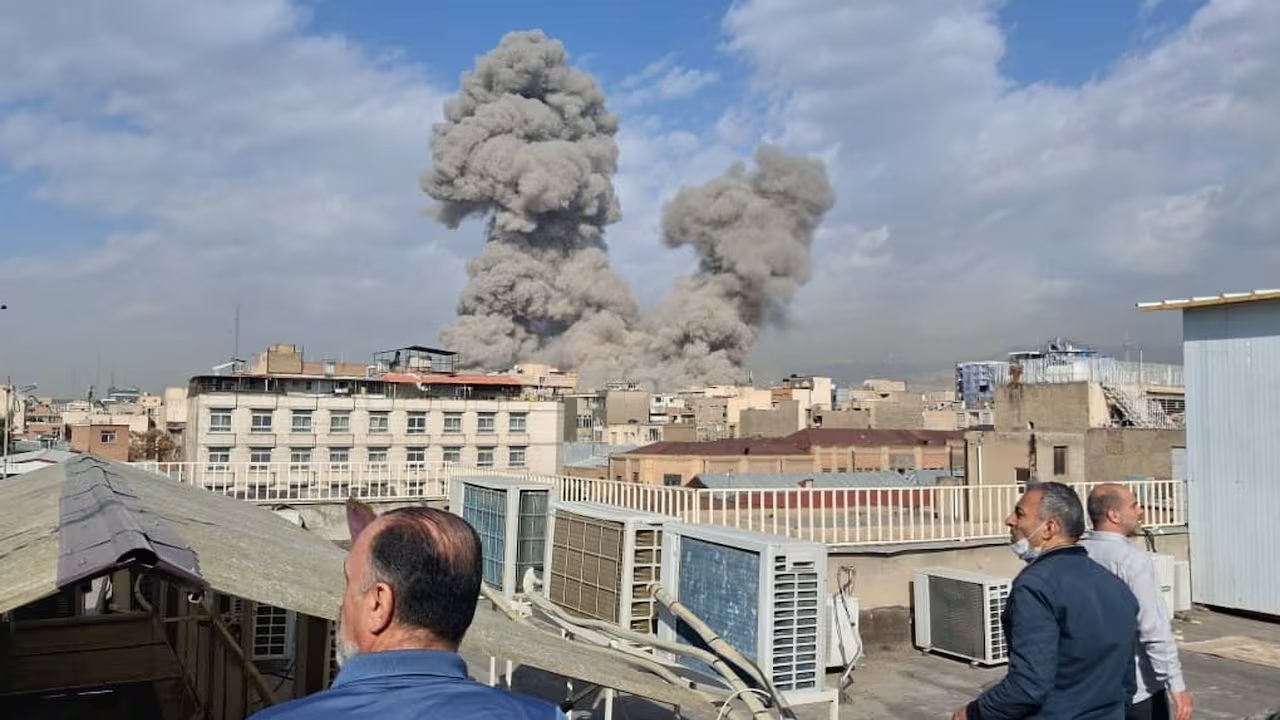
In response to mounting pressure from the United States to reform the Palestinian Authority (PA) within the context of Gaza’s postwar landscape, Palestinian President Mahmoud Abbas has designated his longtime economic adviser for the role of the next prime minister.
Mohammad Mustafa, an economist educated in the United States and known for his political independence, will lead a technocratic government in the Israeli-occupied West Bank. This government could potentially oversee administrative affairs in Gaza as part of preparations for eventual statehood.
However, these plans encounter significant hurdles, including staunch opposition from Israeli Prime Minister Benjamin Netanyahu and the ongoing Israel-Hamas conflict, which shows no signs of abating.
Questions linger regarding whether forming a new Cabinet under a close ally of Abbas will suffice to address U.S. calls for reform, given that the 88-year-old president would retain overarching control.
Hani al-Masri, a Palestinian political analyst, remarked, “The change that the United States of America and the countries of the region want is not necessarily the change that the Palestinian citizen wants.” He emphasized the populace’s desire for substantive political transformations rather than superficial shifts.
Abbas has tasked Mustafa with devising plans to reunify administration in the West Bank and Gaza, spearhead governmental, security, and economic reforms, and combat corruption.
Mustafa, born in Tulkarem in 1954, holds a doctorate in business administration and economics from George Washington University. With previous senior roles at the World Bank and experience as deputy prime minister and economy minister, he currently chairs the Palestine Investment Fund.
The previous prime minister, Mohammad Shtayyeh, resigned along with his government last month, citing the necessity for new arrangements due to the altered circumstances in Gaza.
Established in the 1990s through interim peace agreements, the PA aimed to pave the way for eventual statehood. However, peace talks have repeatedly collapsed, notably with Netanyahu’s return to power in 2009.
In 2007, Hamas seized control of Gaza from forces loyal to Abbas, confining his authority to major population centers in the Israeli-occupied West Bank.
Abbas’s leadership has faced criticism among Palestinians, many of whom perceive the PA as cooperating too closely with Israel on security matters. Despite his mandate ending in 2009, Abbas has refrained from holding elections, attributing the delay to Israeli restrictions.
Unlike Hamas, Abbas recognizes Israel, renounces armed struggle, and advocates for a negotiated solution leading to an independent Palestinian state alongside Israel.
The international community shares this objective, although Israel has criticized the PA over payments to families of Palestinians killed or imprisoned by Israel, considering some recipients to be militants.
The dispute has led Israel to withhold certain taxes and customs duties collected on behalf of the PA, contributing to budget shortfalls.
The United States has urged for a reformed PA to extend its influence to postwar Gaza in anticipation of Palestinian statehood. However, Netanyahu’s government opposes Palestinian statehood and rejects any PA involvement in Gaza.




